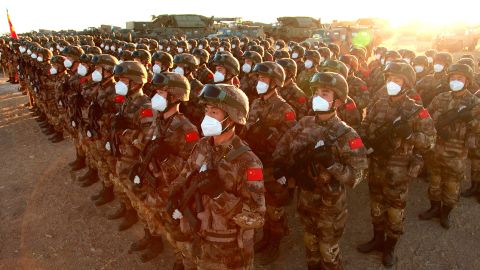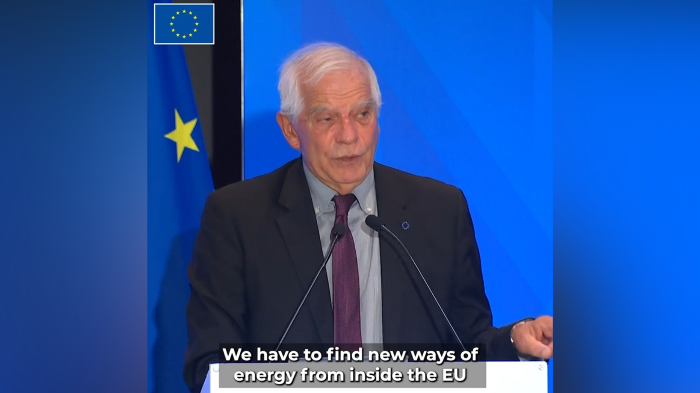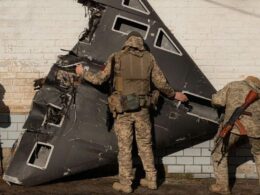Chinese state-owned defense firms have maintained trade relationships with sanctioned Russian defense companies during the past year, even as many of the world’s leading economies cut ties with Moscow and the companies driving its continued assault on Ukraine.
Customs records reviewed by CNN show key companies within both countries’ vast military-industrial complexes have continued their years-long relationships, despite the horror Moscow has unleashed in Europe.
Poly Technology’s long-term trade partner – Ulan Ude Aviation Plant, a purveyor of military-grade helicopters – also continued to send parts and several helicopters to the Beijing-based company last year, trade data show.
Most of the helicopter parts included in the shipments to Russia were labeled for use in the multipurpose Mi-171E helicopter, designed for transport and search and rescue. According to the Stockholm International Peace Research Institute (SIPRI), China began importing this model of chopper from Russia more than 10 years ago.
Three shipments from Poly Technologies were labeled as including products for the operation or service of the Russian-made Mi-171SH, a military transport helicopter that can be equipped with weapons and has been used in Moscow’s operations in Ukraine. There is no evidence that any of the goods exchanged are directly feeding Russia’s war.
Intelligence suggests China is considering sending drones and ammunition to Russia, sources familiar to CNN say.
Poly Technologies was sanctioned by the US in 2013 under rules targeting firms supplying Iran, North Korea and Syria, and again in January of last year for alleged missile proliferation.

If China were to supply lethal aid, Korolev added, “everything would be done to cover this up,” said Alexander Korolev, a senior lecturer in Politics and International Relations at the University of New South Wales in Australia.
“And one way to cover it up is to make it look as if it’s just a part of regular, long-term military technical cooperation – rather than a response to the war.”




